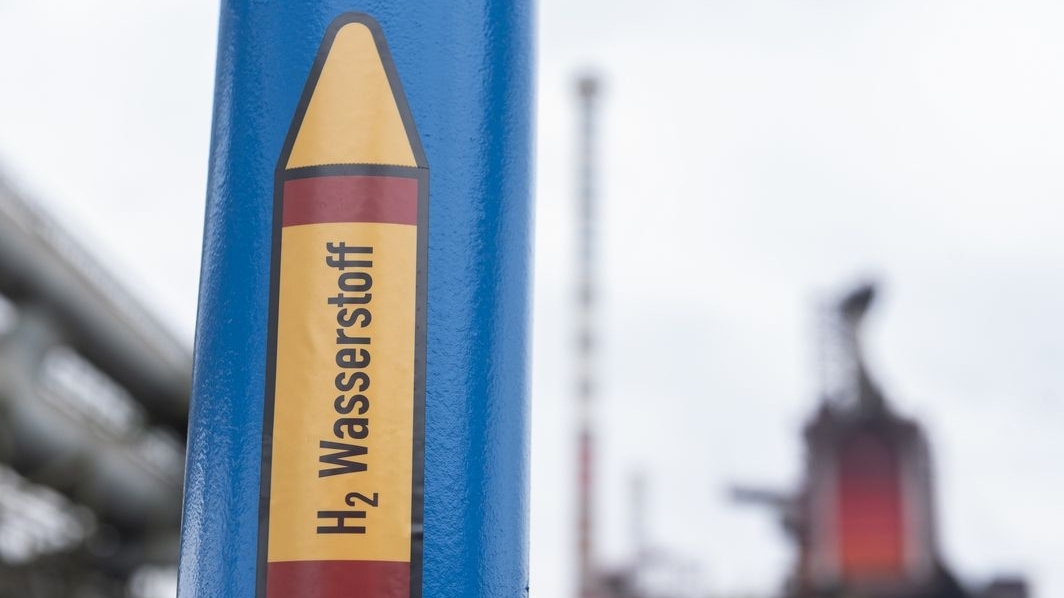The German steel companies thyssenkrupp Steel and HKM and the Port of Rotterdam Authority are jointly exploring the development of international supply chains for hydrogen. As part of their transformation pathways to climate-neutral steel production, thyssenkrupp Steel and HKM will require large and increasing quantities of hydrogen to produce steel without coal.
For decades, both companies have been importing coal, iron ore and other raw materials via their own terminal in Rotterdam and transporting them by barge and rail to their blast furnaces in Duisburg.
The partners will jointly examine the possibilities of importing hydrogen via Rotterdam as well as a possible pipeline corridor between Rotterdam and the thyssenkrupp Steel and HKM sites in Duisburg. The collaboration can be the framework for further initiatives and is intended to support existing initiatives and projects in which the partners are involved.
The Port of Rotterdam Authority is already looking into importing hydrogen from a number of countries and regions worldwide. Green hydrogen is a sustainable alternative to coal, oil and natural gas.
Importing large quantities of hydrogen is necessary if Europe and Germany want to reduceCO2 emissions and become climate-neutral by 2050, without losing a strong industrial pillar. Rotterdam is also building a system for the transportation and storage of carbon, Porthos, which can also play a role as aCO2 storage facility for the production of blue hydrogen as part of the "H2morrow steel" project, in which thyssenkrupp Steel is also involved as a partner.
The three partners agree that a new, cross-border infrastructure is required to support the energy transition, in particular the expansion of pipelines. The concrete and considerable demand for hydrogen from the steel industry as an alternative to coal and the possibilities for storingCO2 can provide an impetus for the realization of this infrastructure. The cooperation between Rotterdam as Europe's largest port and Duisburg as Europe's largest steel location can be a signal for the development of supply chains for the energy transition and contribute to the development of an important sustainable European logistics cluster.
www.portofrotterdam.com


